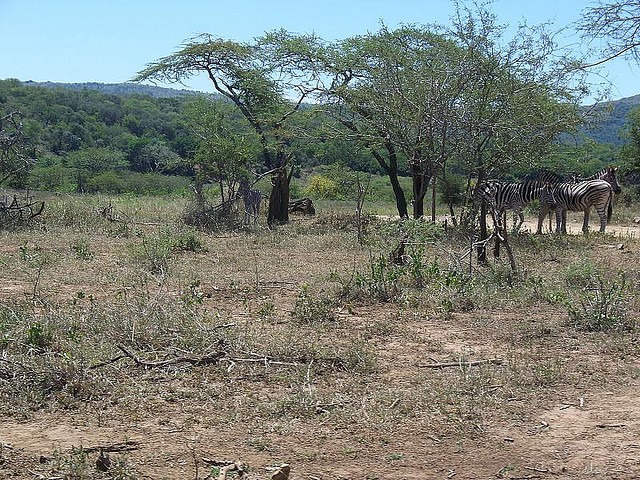
We are, the media tells us, either on the verge or diving head first into a global recession the likes of which we have never seen. Countless financial headlines have screamed Credit Crunch, which sadly isn’t a wholegrain breakfast cereal for day-traders, for a year now. Banks are borrowing billions from taxpayers to allow them to lend even more money to each other.
There has almost been not a thought for the millions of people out of work and out of a home the ruins of whose lives the apparent collapse of capitalism is built. Anyone who thought Freddie Mac and Fanny Mae were porn star names, or the Lehmann Brothers were a support act for Marx (as in Groucho and gang) surely now knows better. Stocks and share prices yo-yo between lower highs and increasingly depressing lows.
But, away from the cold-sweating of traders, the pinging of stripy braces, and the red screens of death, on the market floors of the so-called developed world, the old-school third world, the allegedly developing world continues in its grinding abject poverty. However, providing the developed world does not collapse into utter chaos, Jenifer Piesse of the Department of Management, at King’s College London and the University of Stellenbosch, RSA working with Colin Thirtle of the Centre for Environmental Policy, at Imperial College London, and the University of Pretoria, RSA, suggest in a recent issue of the IJBT that at least one product of modern capitalism, genetically modified (GM), herbicide tolerant (HT) white maize, developed in the USA to save labour might help ease poverty in the developing world too.
They report how HT white maize is now being grown by smallholders in KwaZulu Natal, South Africa, and elsewhere and use panel data for Africa, Asia and Latin America to investigate the effects of factor endowments and biased technological change on productivity growth, labour incomes and poverty reduction. Can GM produce a Green Revolution (GR) in Africa and would it be poverty
reducing, as it has been in Asia, they ask.
Their preliminary findings demonstrate that a simple absence of population pressure on the land slows yield growth, which itself largely explains labour productivity growth in agriculture. Labour productivity growth is the key determinant of wages, growth in GDP per capita and poverty reduction.
“Africa seems to have fared poorly in poverty reduction because many countries have abundant poor quality land,” the researchers explain, “There has been yield growth, but it has not led to growth in labour productivity, as it did during the Asian green revolution.” This finding suggests that GM technology that raises labour productivity could be enormously beneficial, so long as employment is maintained.
Their analysis reports that yield growth in Asia was about 2.6% per year, but that Africa was not far behind at 2.0%. However, labour productivity in Asia grew at 1.5% per annum, whereas Africa managed only 0.4%. Yields in Asia grew at 1.1% faster than labour productivity and there was substantial progress in poverty alleviation. In contrast, in Africa, yields grew 1.6% faster than labour productivity, but the impact on poverty has been less.
They explain that yield growth is in fact a main cause of labour productivity growth in both continents, but in Africa the impact is far weaker. The most obvious cause is that both yields and labour productivity grow less where land to labour ratios are low, which is particularly true in the countries of sub-saharan Africa, the researchers say.
Jenifer Piesse, Colin Thirtle (2008). Genetically modified crops, factor endowments, biased technological change, wages and poverty reduction International Journal of Biotechnology, 10 (2/3) DOI: 10.1504/IJBT.2008.018354
This post was published as part of the Sciencebase contribution to Blog Action Day.







 If you ever thought genetics was only about disease, then check out the popular SNPs list on
If you ever thought genetics was only about disease, then check out the popular SNPs list on 